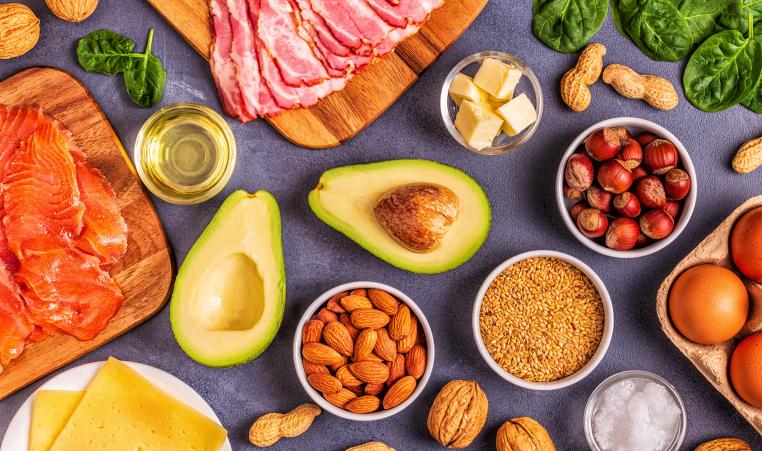Balance Your Bites: Understanding Carbs, Protein, and Fats

In the fast-paced world of today, maintaining a balanced diet often feels like an uphill battle for busy adults. Juggling work, family, and social commitments leave little time for thoughtful meal planning, let alone ensuring a balanced intake of macronutrients—carbohydrates, protein, and fats. With some strategic planning and smart choices, it’s possible to achieve equilibrium in your diet, even when time is scarce. Here’s a breakdown of how to balance the macronutrients like carbs, protein, and fats for optimal nutrition amidst the chaos of everyday life.
Carbohydrates:
Carbohydrates are your body’s primary source of energy, making them essential for fueling your busy lifestyle. However, not all carbs are created equal. Select complex carbohydrates, such as whole grains, legumes, fruits, and vegetables. They will provide energy and essential nutrients to keep you fueled throughout the day. Incorporate these into your meals and snacks throughout the day to keep your energy levels stable and avoid crashes. Aim to fill about a quarter of your plate with complex carbs at each meal, focusing on variety and color to maximize nutritional benefits.
Protein:
Protein plays a crucial role in muscle repair and growth, as well as supporting immune function and satiety. To ensure you’re getting an adequate intake of protein, include lean sources such as poultry, fish, tofu, tempeh, beans, lentils, or low-fat dairy products in your meals. For healthy adults, protein needs vary depending on physical activity, gender, and age. A good starting point would be to have a palm-sized portion of protein with each meal, along with plant-based options for variety. Snack on protein-rich foods like Greek yogurt, cottage cheese, or hard-boiled eggs to keep hunger at bay between meals and support muscle recovery after workouts.
Fats:
Healthy fats are vital for brain health, hormone production, and the absorption of fat-soluble vitamins. We want to include more heart-healthy fats- mono-unsaturated and poly-unsaturated fats. Incorporate sources of unsaturated fats, such as avocados, nuts, seeds, olive oil, and fatty fish, into your meals and snacks to promote overall well-being. Limit saturated and trans-fats, as high amounts have been linked to heart disease. Foods that are high in saturated and trans fats include marbled red meat, butter, sausages, coconut oil, and processed foods. While fats are more calorie-dense than carbs and protein, they’re still an essential part of a balanced diet. Do not eliminate them! Instead, be mindful of the portion size. Aim to include a thumb-sized portion of healthy fats with each meal to support satiety and nutrient absorption without overdoing it on calories.
Achieving balance in your diet, especially when time is scarce, requires mindful attention to carbohydrates, protein, and fats. By prioritizing nutrient-dense sources of these nutrients, you can ensure you’re meeting your body’s needs for energy, repair, and overall well-being. Remember, balance is key, so aim for variety and moderation in your food choices to support optimal nutrition and health, even during life’s hectic pace. With a little planning and intentionality, you can nourish your body and thrive, no matter how busy life may be.
Patricia Esparza, RDN is a Registered Dietitian with the YMCA of Metropolitan Dallas. She earned her Master’s degree in Human Nutrition from Viterbo University and is a Licensed Dietitian. Patricia has a wide variety of experience in clinical dietetics and public health nutrition. Her own journey with health and wellness has fueled her passion for nutrition education to build healthier communities.
